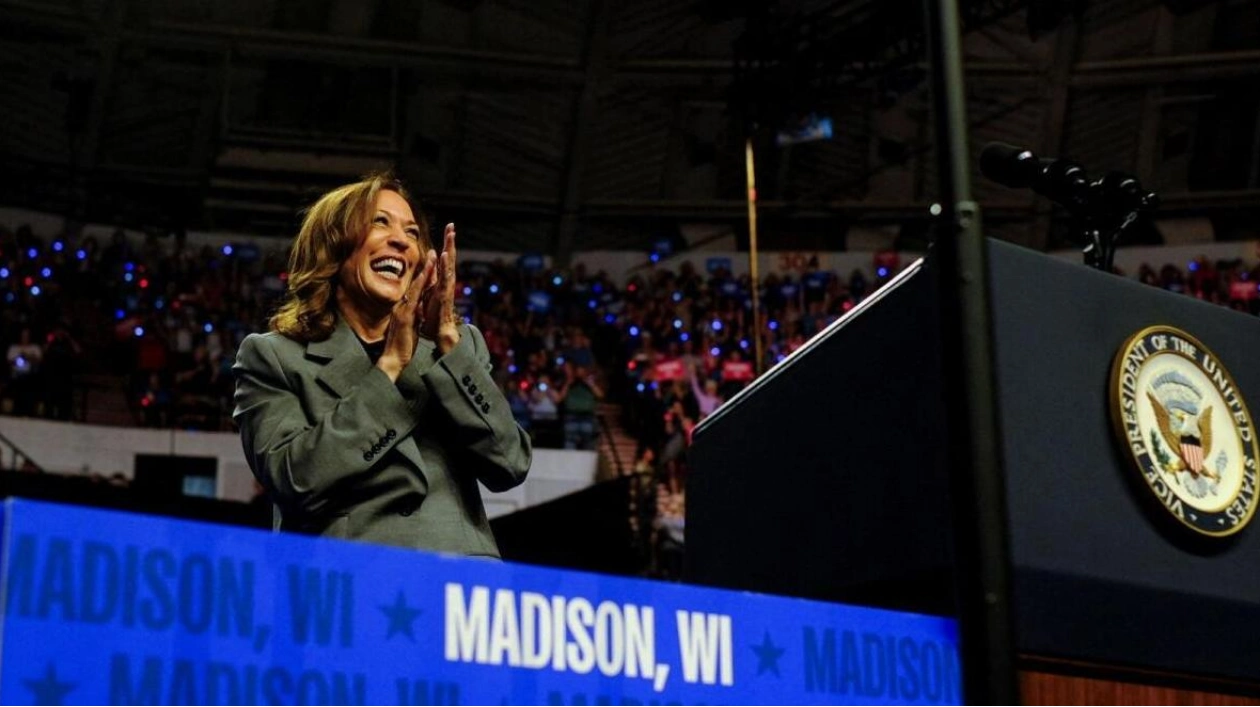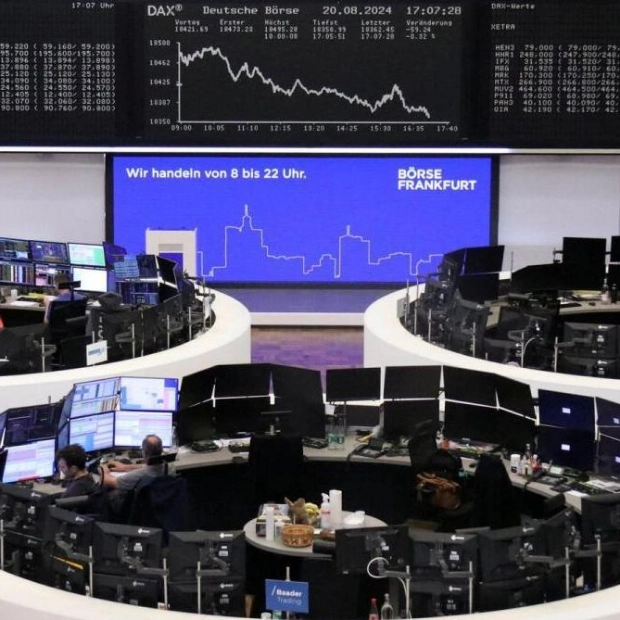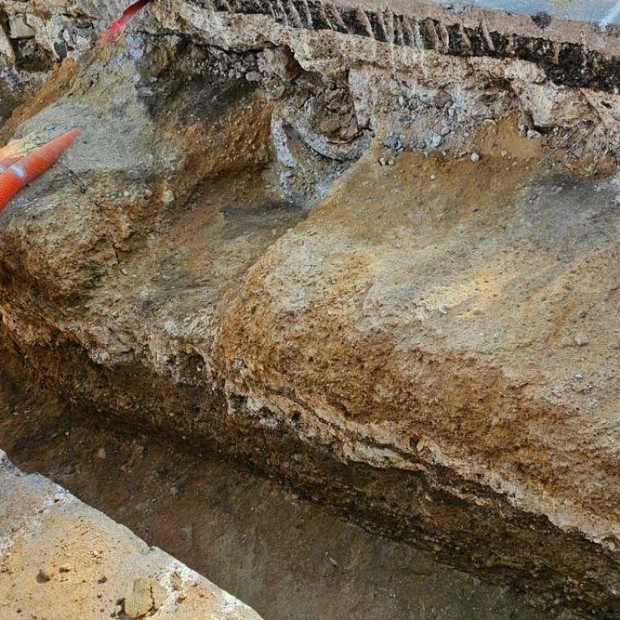US Vice-President Kamala Harris has unveiled a series of economic initiatives designed to reduce the cost of living for middle and lower-class Americans and stimulate the economy through tax incentives and adjustments. Some of her proposals build on unfinished aspects of President Joe Biden's economic plan but expand their reach and scale. Here's a summary of what we know so far:
Tax on the Wealthy
Harris has reiterated Biden's commitment not to increase taxes on households earning less than $400,000 annually. She has quietly supported the nearly $5 trillion in tax increases over ten years included in Biden's fiscal 2025 budget proposal, which would raise the top income tax rate to 39.6% from 37%. This includes a new 25% minimum tax on individuals with assets exceeding $100 million, including unrealized capital gains. For those earning over $1 million yearly, Harris has suggested increasing the long-term capital gains tax rate on the sale of assets like stocks to 28% from 20%, a smaller increase compared to Biden's proposed 39.6% top income tax rate.
Tax on Businesses
Harris has proposed raising the corporate tax rate to 28%, partially reversing former President Donald Trump's 2017 tax law that reduced corporate tax rates to 21% from 35%. This move is estimated to generate $1 trillion for the federal government over a decade, according to budget experts, but could impact corporate profits, according to Wall Street. A Reuters analysis shows that large US companies currently pay an average effective tax rate of 16%, significantly lower than their foreign competitors. Any significant corporate tax changes would require congressional approval.
Child Tax Credit
Harris has maintained Biden's proposal to permanently reinstate the one-year, Covid-era increase in the Child Tax Credit to $3,600 per child from the current $2,000, which is set to drop to $1,000 after 2025. She has also proposed a one-time $6,000 bonus credit for families with newborns. While Trump's vice-presidential running mate, JD Vance, has suggested raising the annual Child Tax Credit to $5,000, this idea has not been officially adopted as part of Trump's policy proposals.
Affordable Housing
Harris has outlined plans to boost new construction and lower costs for renters and homebuyers primarily through tax incentives. These include tax credits for builders constructing homes for first-time buyers and affordable rental units, along with a $25,000 tax credit to assist first-time buyers with down payments over the next four years. Harris is also proposing a $40 billion 'innovation fund' to encourage local governments to build more affordable homes, doubling a Biden budget proposal that would provide competitive grants to local governments demonstrating effective results. According to real estate firm Zillow, US home prices have surged 50% in the last five years, and rents have risen 35%, largely due to a housing shortage. Harris aims to increase US housing construction by three million units over the next four years.
Small Business Tax Credit
Harris has diverged from Biden's economic plan by proposing a new tax deduction of up to $50,000 for new small business startup costs, a policy intended to support entrepreneurs and differentiate from Trump's tax cuts for large corporations. According to Small Business Administration data, the 33 million US small businesses have accounted for 70% of net new jobs created since 2019. The current small business tax deduction for startup expenses is capped at $5,000, far below the average $40,000 cost to start a new business, according to Biden administration officials.
Childcare
Harris has stated that no working family should pay more than 7% of their household income for childcare, a figure that echoes the Child Care and Development Block Grant, a program she has promoted that currently supports about one million children in low-income families. According to Department of Labor figures, US parents currently pay up to 19.3% of median family income per child for childcare. Harris's campaign has not yet detailed how the childcare plan would be implemented.
High Grocery Prices
Harris has pledged to enact the 'first-ever federal ban on price gouging on food and groceries,' aiming to prevent large corporations from unfairly exploiting consumers while generating excessive profits. While the definition of excessive price hikes is unclear, some proposals in the US Senate suggest a potential pathway to enactment.






